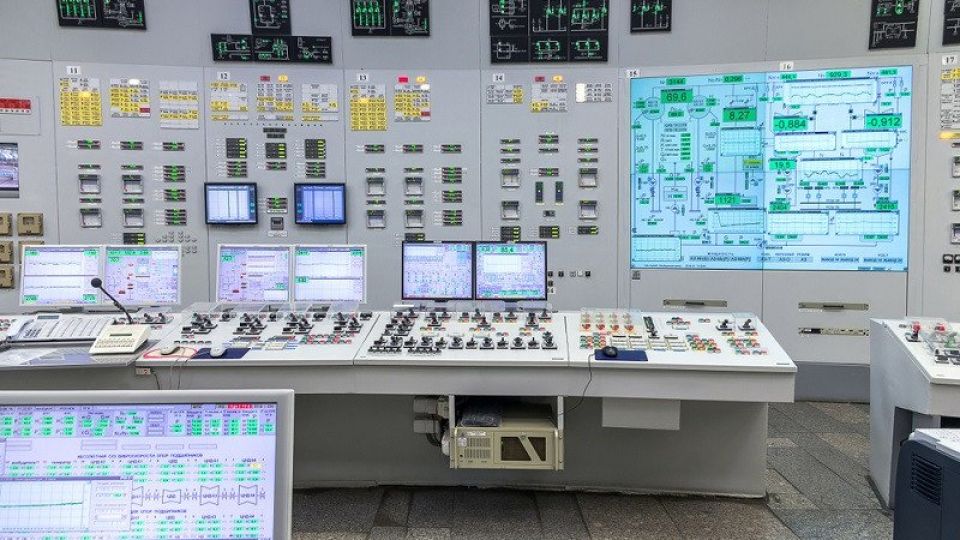December 20, 2022
JAKARTA – President Joko “Jokowi” Widodo has signed a regulation that details new safety and security requirements for businesses seeking to mine nuclear materials in the country.
Government Regulation (PP) No. 52/2022, which came into effect on Dec. 12, requires businesses to complete a safety analysis before beginning to mine for nuclear materials. This includes a feasibility study, a design and construction plan for the mine, as well as emergency responses and countermeasures in case of a nuclear accident. In addition, businesses are required to manage their nuclear waste and conduct radiation exposure training programs.
Mining firms are also required to avow, in a formal document, that they will not work in service of the development of nuclear arms. They must submit a business and development plan and regularly provide authorities with an updated inventory of nuclear materials mined and imports of any special equipment.
Those that fail to comply with the safety and security procedures will face administrative sanctions, ranging from written reprimands and administrative fines to license revocations.
The new regulation comes a month after Jokowi reworked the Nuclear Energy Regulatory Agency’s (Bapeten) non-tax revenue streams through the issuance of another government regulation.
The new policy allows Bapeten to receive non-tax revenue in the form of administrative sanctions from businesses that fail to follow prevailing regulations.
Atomic ambitions
The new regulations may work in service of a government plan to build the country’s first nuclear power plant by 2040.
The country currently has three nuclear reactors – the 2-MW Triga 2000 reactor in Bandung, West Java, the 30-MW GA Siwabessy reactor in Serpong, Banten, and the 100-kW Kartini reactor in Yogyakarta – all of which are for research purposes.
The Energy and Mineral Resources Ministry’s director general for new, renewable energy and energy conservation, Dadan Kusdiana, declined to comment on how the new regulations would affect the country’s nuclear power plans when contacted by The Jakarta Post on Sunday. But he said in September that his office had prepared a road map to help realize the 2040 target.
“This is a long-term project,” Dadan told Energy Corner, a forum hosted by CNBC, in September. “We haven’t decided on the capacity yet, but [nuclear energy] remains an option because the electricity would be more reliable.”
Dadan also claimed nuclear plants would help Indonesia reach net-zero carbon emissions by 2060, adding that global technological advancements had made the plants more profitable.
One company that has expressed interest in developing a nuclear power plant in the country is United States-based power producer ThorCon International Pte Ltd, which has been engaging with Indonesian regulators and state-owned enterprises since 2020 in an effort to launch a 500-megawatt floating nuclear power plant in the country by 2027.
Clean energy bill
Plans to advance nuclear power have come amid a wider effort by the government to phase out coal in favor of cleaner energy sources.
The long-awaited new and renewable energy (NRE) bill, which aims to improve the competitiveness of the country’s clean energy industry by providing clarity and certainty on energy rates and import tariffs, is also currently under deliberation at the House of Representatives.
The bill would establish a new nuclear energy board to design and manage the national nuclear power program.
Energy and Mineral Resources Minister Arifin Tasrif, who is also the head of National Energy Council (DEN), said a meeting last week between the executive and lawmakers had determined that the board would be a “nonstructural state institution” headed by the president, Kompas daily reported.
Activists have demanded that nuclear energy development be excluded from the NRE bill, saying that nuclear power plants would actually increase, rather than decrease, greenhouse gas emissions.


